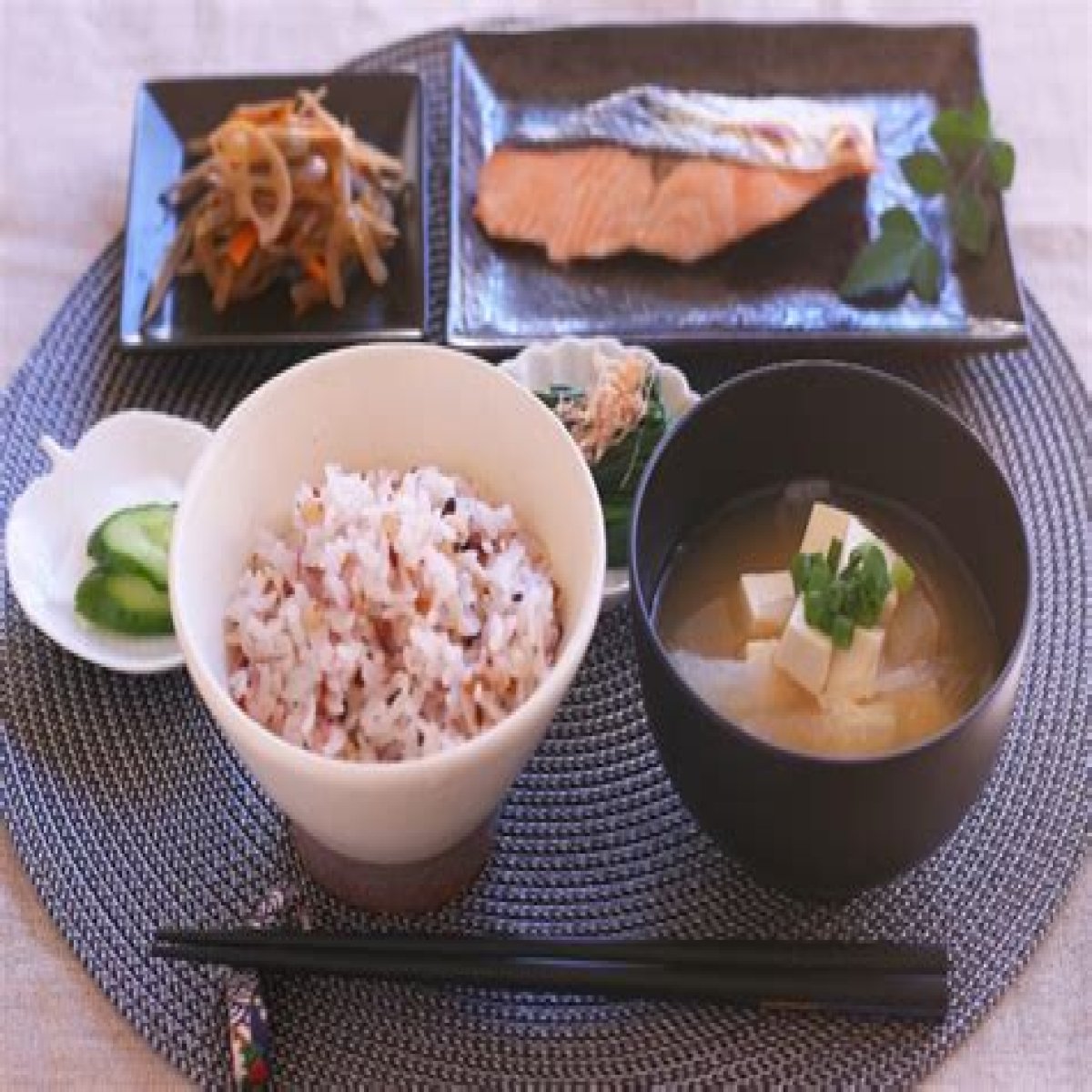Have you ever come across the term "onii chan" and found yourself wondering what it truly means? This Japanese phrase, often heard in anime and manga, carries a weight of cultural significance and emotional depth. It is frequently used by younger siblings to refer to their older brothers, embodying a sense of affection, respect, and familial bond. However, the term can also extend beyond familial ties, finding its way into various social contexts, especially in the realm of Japanese pop culture.
In recent years, "onii chan" has become a popular expression among anime and manga fans worldwide. As the global interest in Japanese media continues to grow, so does the need to understand the nuances of its language and expressions. The phrase encapsulates not just a relationship, but also the underlying emotions and cultural contexts that define Japanese society.
In this article, we will delve deeper into the meaning of "onii chan," explore its usage in different contexts, and uncover its significance in modern culture. Join us as we journey through the fascinating world of this endearing term and its implications in both family dynamics and popular media.
What is the Literal Translation of Onii Chan?
The term "onii chan" translates literally to "older brother" in English. It is a combination of two words: "onii," which means older brother, and "chan," a suffix used in Japanese to express endearment or affection. This combination conveys both respect and warmth, highlighting the close bond typically shared between siblings.
How is Onii Chan Used in Daily Life?
In everyday conversations, "onii chan" is predominantly used by younger siblings to address their older brothers. It is often accompanied by a tone of admiration or playfulness, reflecting the affectionate relationship typical in many Japanese families. In some cases, it is also used by close friends or even romantic partners to express fondness, further broadening its application within social circles.
Is Onii Chan Exclusive to Sibling Relationships?
While "onii chan" primarily refers to an older brother, its usage is not strictly limited to sibling relationships. It may also be used in a more informal context among friends, where one might refer to an older male friend as "onii chan" to convey a sense of closeness or admiration. This flexibility in usage illustrates the term's versatility and the depth of relationships it can represent.
What Cultural Significance Does Onii Chan Hold?
Understanding "onii chan" goes beyond mere translation; it requires an appreciation of the cultural values embedded in Japanese society. Family plays a vital role in Japan, and the relationship between siblings is often characterized by support, loyalty, and affection. The term encapsulates these values, highlighting the importance of familial bonds.
How is Onii Chan Portrayed in Anime and Manga?
In the world of anime and manga, "onii chan" is frequently used to establish character dynamics and emotional connections. Many narratives feature younger sisters who look up to their older brothers, often leading to heartwarming or comedic situations. This portrayal not only adds depth to character relationships but also resonates with viewers who can relate to sibling experiences.
What Are Some Popular Examples of Onii Chan in Media?
Several anime and manga series feature the term "onii chan" prominently, showcasing its emotional weight and cultural relevance. Some notable examples include:
- My Little Sister Can't Be This Cute (Ore no Imouto ga Konna ni Kawaii Wake ga Nai) - Features a complex sibling relationship filled with affection and rivalry.
- Toradora! - Highlights the dynamics between characters, with "onii chan" used in various contexts.
- Angel Beats! - Explores themes of loss and connection, where the term is used to evoke emotional responses.
What Are the Variations of Onii Chan?
In addition to "onii chan," there are several variations and related terms in the Japanese language that refer to older brothers, each with its own connotation:
- Onii-san - A more formal term for older brother, often used in polite conversation.
- Oniichan - A slightly different pronunciation that also conveys a sense of endearment.
- Onii-chan (with different intonations) - Depending on the tone and context, the term can express varying degrees of affection or playfulness.
How Can Understanding Onii Chan Enrich Your Cultural Knowledge?
Grasping the meaning of "onii chan" can significantly enhance your understanding of Japanese culture and language. It opens up avenues for deeper appreciation of relationships portrayed in Japanese media and provides insights into the values and dynamics that shape familial interactions. Moreover, it allows for a richer engagement with the content, fostering connections with characters and their stories.
Conclusion: Why Does Onii Chan Matter?
In summary, "onii chan" is more than just a phrase; it encapsulates cultural values, emotional bonds, and the intricate dynamics of relationships in Japanese society. Whether used in familial settings or as a term of endearment among friends, it carries a depth of meaning that resonates with many. As we continue to explore Japanese media and culture, understanding terms like "onii chan" can enrich our experiences and connections with the stories and characters that captivate us.
Unveiling The Charisma Of Yannah The FreakUnraveling The Mystery: Did Nidal Wonder Die?Exploring The Life And Journey Of Riley Rice
